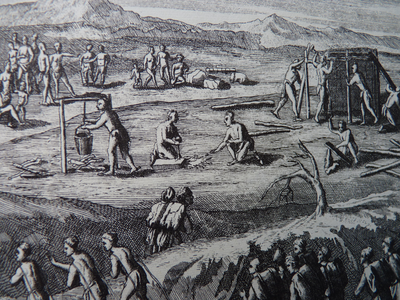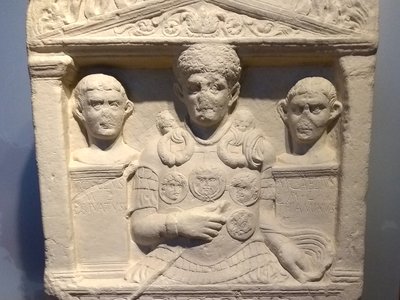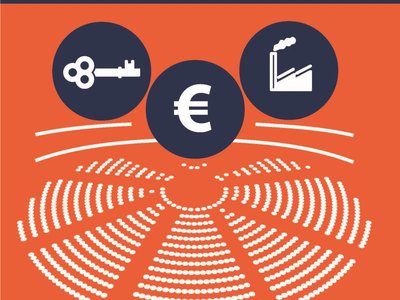Working group 1 Subjects of property: Power of Disposal and Transfer

Program Working Group 1: Subjects of property
Who counts as a property subject and in what way can be examined from at least four points of view: First, in the case of natural persons, the extent to which and why certain groups (women, migrants, POC) have structurally underprivileged access to property is a matter of ongoing debate; second, in the case of legal entities such as companies or municipalities, the question arises as to how access to property goods is specifically regulated and distributed among the involved parties; Third, there are generally considerable variations and changes in the rights of disposal attributed to subjects; fourth, the conditions under which subjects gain not only economic resources but (also) political influence through their access to property is of importance.
This working group is especially focused on the transfer between subjects of property. Property is given, bequeathed, donated, owed, stolen, taxed, expropriated, privatized, shared, possessed, or gained. These modes of transfer are legally codified, socially desirable, legal, and/or customary to varying degrees. While the state of research on individual modes of transfer is extensive – this is especially true for the topics of inheritance, taxation, and privatization – a systematizing synthesis for the transfer of rights between subjects of property still needs to be done.
The working group is interdisciplinary, consisting of sociology, political science, history, law, economics and South Asian studies.





